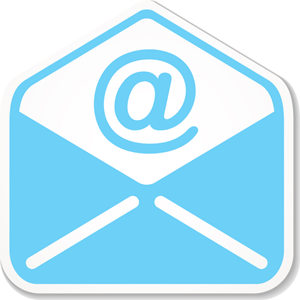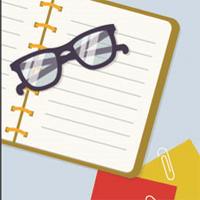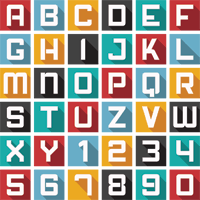Mix and Match: 5 Tips to Understanding Your Customers' Style

By Jeffrey Cody, Campaigner
Everyone loves a finely tailored suit, but that doesn't mean everyone is a fashion expert. That said, the correlations between email marketing and personal style are too obvious to ignore. Email marketing is not a one-size-fits-all strategy. Savvy marketers should take the time to evaluate trends, content and delivery messages to ensure the content they are sending is on target for the individual preferences of customers. Similar to the world of fashion, marketers rely on trial and error, evaluation and high expectations that need to be met before a design (campaign or clothing) goes to market.
 The value of A/B split testing can't be understated, as it allows for specific tailoring and editing to better reach varied segments of your audience from differentiation in subject line, offer details, imagery, call-to-action, etc. Testing these components provides important insight into what fits well and what needs alterations. Just as a skilled tailor can make a garment look as though it was custom-made for anyone despite size, a good marketer can implement A/B split testing to custom create messages that are personal, resulting in increased conversions, click-throughs and revenue. Here are five tips to adjust the fit of every campaign using A/B split testing:
The value of A/B split testing can't be understated, as it allows for specific tailoring and editing to better reach varied segments of your audience from differentiation in subject line, offer details, imagery, call-to-action, etc. Testing these components provides important insight into what fits well and what needs alterations. Just as a skilled tailor can make a garment look as though it was custom-made for anyone despite size, a good marketer can implement A/B split testing to custom create messages that are personal, resulting in increased conversions, click-throughs and revenue. Here are five tips to adjust the fit of every campaign using A/B split testing:
1. Defining a "Classic" Campaign
Most men have at least one nice white dress shirt paired with a tie in their closets-a classic standard benchmark in the world of men's fashion. Similarly, it's critical to create an optimal campaign as the benchmark control message; otherwise, testing without comparisons is a waste of time. Establish a set time period to measure the success of the control message and use that time period for all additional minor changes.
2. Split Style Preferences
Designers from all industries - fashion, marketing, advertising and everything in between - must understand their audiences to create ideal styles that suit varied tastes. Marketers should consider this concept and split customer lists into random sets in order to best test campaigns to all audiences, rather than a specific type of subscriber, reader or buyer. Once split, test lists should remain as such to continue effective testing on different aspects of email communications.
3. Setting Goals in Style
A brand specializing in tennis attire wouldn't be focus on targeting someone who snowboards, and it would be unrealistic to set a goal for high conversion rates for that snowboarding-apparel market. Think similarly and set realistic goals: Click-through rates are unlikely to increase by 90 percent, but growth of five percent over a defined period is likely within reach.
4. Break the Rules (in Style)
As in fashion or business, trends are in the eye of the beholder, and often, rules are made to be broken. Conducting A/B split testing can help uncover preferences and positive reactions that go against widely accepted email marketing "best practices." For example, 'short and sweet' might equate to 'short and delete' and a detailed headline might land your email in the 'deleted' folder. In identifying your own 'best practices' instead of simply following industry norms, you'll pave your own path as a visionary campaign designer, catapulting your brand to center stage while competition is left behind the scenes.
5. Find the Right Fit & Functionality for Your Email Marketing Platform
Developing personal style takes time, and more often than not, it is based on functionality and fits individual lifestyle needs. As a marketer, it's important to follow a similar mindset - developing an effective email marketing strategy largely depends on finding a platform that is well designed, user friendly, and provides the right tools (like A/B split testing) to provide noteworthy ROI.
Marketers designing email campaigns should think like a tailor and test different styles, then remain prepared to make alterations for a perfect fit across audiences. A/B split testing is the equivalent to a tailor's measuring tape and shears, allowing for the right messages to be sent at the right time to the right customers, ensuring your company is complementing your audience's varying styles with each message sent.
 Jeffrey Cody is the senior marketing manager at Campaigner Email Marketing and the managing editor for the Campaigner Thought Leadership Program with EyesOnSales.com. He is an established SaaS B2B leader with 16 years of working in emerging market start-up environments and developing closed loop, multi-million dollar sales and marketing lead generation campaigns.
Jeffrey Cody is the senior marketing manager at Campaigner Email Marketing and the managing editor for the Campaigner Thought Leadership Program with EyesOnSales.com. He is an established SaaS B2B leader with 16 years of working in emerging market start-up environments and developing closed loop, multi-million dollar sales and marketing lead generation campaigns.









